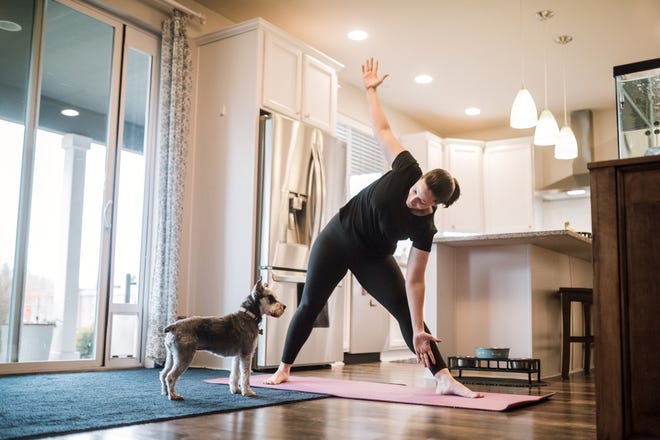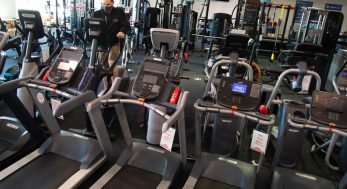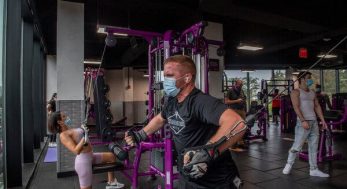Kenneth P. Moritsugu
Between the COVID-19 pandemic and the upcoming election, people are tuning into the news to hear the latest numbers on both, yet when it comes to COVID-19, there is another set of numbers that Americans should be aware of: the toll the virus has taken on our physical and mental health.
The lockdowns across the nation led people to be more sedentary, with a 32% reduction in physical activity. In addition, a recent nationwide poll by the Kaiser Family Foundation reports that more than half of U.S. adults — about 53% — say that their mental health has been negatively impacted by worry and stress over the pandemic. That number is a significant increase from the 32% who reported being similarly affected in March.
Furthermore, these negative health trends also bring into view issues of health equity and health disparities for some of our most vulnerable populations. In Michigan, physical inactivity and obesity disproportionately impact our lower income population and communities of color. While the overall obesity rate in Michigan is 33%, that figure jumps to 35.5% for Latinos and 40.3% for African Americans.

Fitness plays a critical role in combating the virus and improving people’s overall physical and mental health. Chronic health conditions impacting millions of Americans including obesity, hypertension and diabetes can cause complications and significantly increase the chances of hospitalization and death for those who contract COVID-19.
There is also increasing evidence that some racial and ethnic minority groups are being disproportionately affected by COVID-19. Regular physical activity can protect us from these conditions while helping us to fight the virus. You may not think you have the time to squeeze in a workout, but researchers found that as little as 20 minutes of exercise can have anti-inflammatory effects that boost your immune system.
Mental health, much like physical health, also disproportionately impacts our lower-income communities. While 6.7% of Michigan residents who make over $75,000 a year reported that they experience frequent mental distress, that number nearly quadruples to 24.3% for those making less than $25,000 a year.
Levels of stress, anxiety and depression across the U.S. all increased during the pandemic. To cope, it appears many Americans turned to alcohol, according to a study by RAND and the National Institute of Alcohol Abuse and Alcoholism which found a spike in consumption. As lead author of the study and RAND sociologist Michael Pollard noted, “People’s depression increases, anxiety increases, [and] alcohol use is often a way to cope with these feelings.”
Once again, fitness can play a role, turning people away from increased alcohol use and toward regular physical activity is known to have long-term mental health benefits that reduce those conditions many are struggling with right now.
All of this underscores the critical need for regular physical activity — especially now in the time of COVID — for our country’s physical and mental well-being.
In states reopening across the country, thousands of fitness centers have developed, in coordination with local and national public health officials, stringent safety and sanitization protocols to reduce the risk of spreading COVID-19. Here in Michigan, those protocols include mask requirements and increased sanitization of fitness equipment.
Most people don’t have the financial ability or space to accommodate at-home fitness equipment, so policymakers should have an eye towards keeping fitness centers open, especially as air quality from the fires prohibits people from safely exercising outdoors.
There are certainly concerns in regard to safety of fitness centers. In the absence of a central repository of nationwide fitness center data, the International Health, Racquet & Sportsclub Association and MXM sought to accumulate available data, collecting information from thousands of fitness centers and millions of member fitness center visits that showed that COVID-19 was not being transmitted at fitness centers. Certainly, more studies are needed to analyze the effectiveness of COVID-19 protocols to protect public health and safety. Meanwhile, many fitness centers are taking necessary precautions to do their part while also providing an essential service to the public — enabling Americans to take care of their physical and mental health.
Dr. Kenneth P. Moritsugu formerly served as the deputy surgeon general and the acting surgeon general of the United States.

